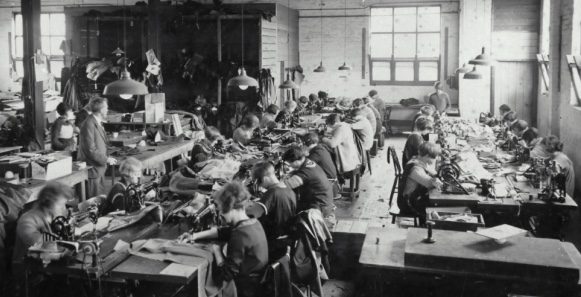
Garment industry stitched together by exploitative labor
Major fashion brands, including Barbour and PVH (owner of Calvin Klein and Tommy Hilfiger), are set to pay over £400,000 in compensation to migrant workers in Mauritius, following an investigation by Transparentem. The findings reveal a distressing pattern of illegal recruitment fees, deception, and intimidation faced by workers from many regions.
Not a new phenomenon
The exploitation of garment workers is not a new phenomenon. According to of The Conversation, historical and modern-day occurrences of indentured labor systems mirror each other with the legacies of labor contracting and debt bondage continuing in the industry to this day.
“Many forced labor practices have a long history, dating back to colonial relations. Both labor contracting and indebtedness characterized the indentured labor system that dominated the production of textiles for centuries. In 19th-century India, for example, indentured workers were managed by labor contractors who paid them advances.
Under this point of view, the contemporary garment supply chain is a modern avatar of the colonial labor plantation.” −Donneza
